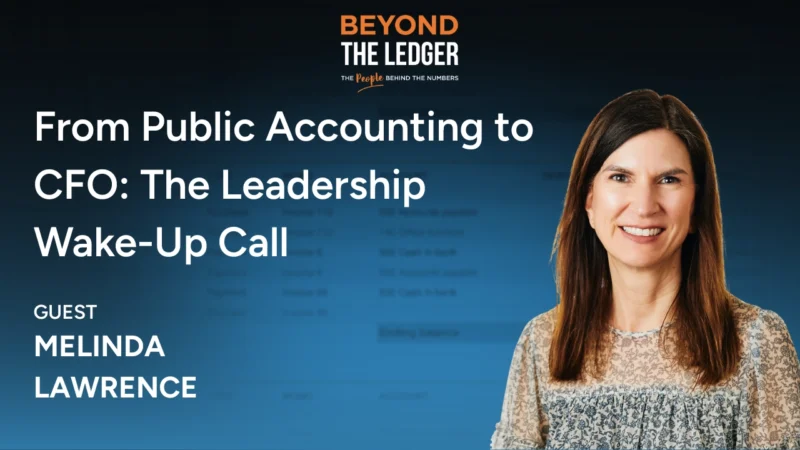Navigating the Insurance Compliance Challenges Brought About by COVID
“Hi, I’m Jay Kirschbaum. I’m a Senior Vice President and the Director of Benefits Compliance for World Insurance Associates. Our mission is to provide world-class asset and lifestyle protection for employers of all sizes. And we’ve been really growing fast in the last few years. We’re ranked number two on the fastest-growing list of brokers by Business Insurance Magazine.
And I’ve been really thrilled to be part of the organization. I’ve only been here for a few weeks, but it’s really been a great opportunity to expand my role as legal compliance for employer plans. And that’s a big part of what we do here at World. And in that role and in that capacity, we have seen employers still struggling with the fallout from the COVID restrictions and lockdowns that have been in place for the last couple of years.
Of course, employees had a concern about going into the workplace, figuring out what they needed to do in regard to going to work, being at work, how much they could work. And employers also had challenges with respect to those lockdowns and having employees present, not present, or even on their payroll. In particular, one of the challenges that came up particularly early on, and it continues to challenge some employers are the ACA requirements around whether somebody is or is not a full-time employee.
So, employers had to struggle with keeping employees on the payroll, which is what they wanted to do, just furlough them versus laying them off outright, but keeping them on the payroll cause potential issues with respect to ACA compliance and whether somebody was, or was not a full-time employee and had to still get benefits offered to them because of their status as a full-time employee.
So, navigating around that caused employers to have to look at their plans, re-work their plans, and figure out whether or not we’re going to keep people on the payroll. And oftentimes that met actual layoffs versus strict furloughs. In addition, one of the issues that continues to be a landmine, a potential landmine for employers, are outstanding Cobra elections. In general, people have 60 days to elect Cobra after they get a Cobra notice.
Well, with the COVID restriction and mandates those deadlines were extended for a full year. So, employers may have Cobra elections sitting out there or qualified beneficiaries may be making or potentially could be making elections and they don’t even know they exist. Now, this is going to be primarily an issue for self-funded plans, but it’s going to be an issue for fully insured plans as well, because we all know that if the costs go up, the carrier is going to get the increased premium in the following year.
So, employers need to engage with their consultants, with their brokers, with their other vendors to make sure they understand sort of what the potential is out there. How many people are outstanding with respect to their Cobra notices, who could elect, what those elections could look like, and what the potential costs could be down the road.
So they need to really reach out and figure out what happens in that regard. In addition, from a pure compliance perspective, there has been so much that’s happened in the last couple of years, mental health parody, new teeth associated with that. That’s going to go to the DOL with new legislation. The transparency legislation or regulatory requirements. And that’s going to be going into effect soon.
No Surprises Act and how employers are going to have to react to that. Employers need to get ahold of their vendors. They need to get ahold of their carriers. They need to get ahold of their consultants and say, “Hey, this is our responsibility,” because all the rules are placed on the employer and the employer plan.
And they’re the responsible party, but the people who have access, the entities that have access, to understand how all that is work, is going to be the carriers, it’s going to be your TPAs, it’s going to be your other vendors. So you need to get in touch with them and get them to walk you through what they’re going to do to make sure that your plans remain compliant.
So, those are just a couple of hints with respect to what’s happening and what you might want to look at. And in that regard, you ought to come join us at the National SHRM Convention in June to New Orleans. We’re going to be talking about all the compliance issues that employers need to look at, what you think may or may not be an issue or associated with your plan B and sort of how to make sure it’s all buttoned down as you go forward.
Hope to see you in New Orleans.”









